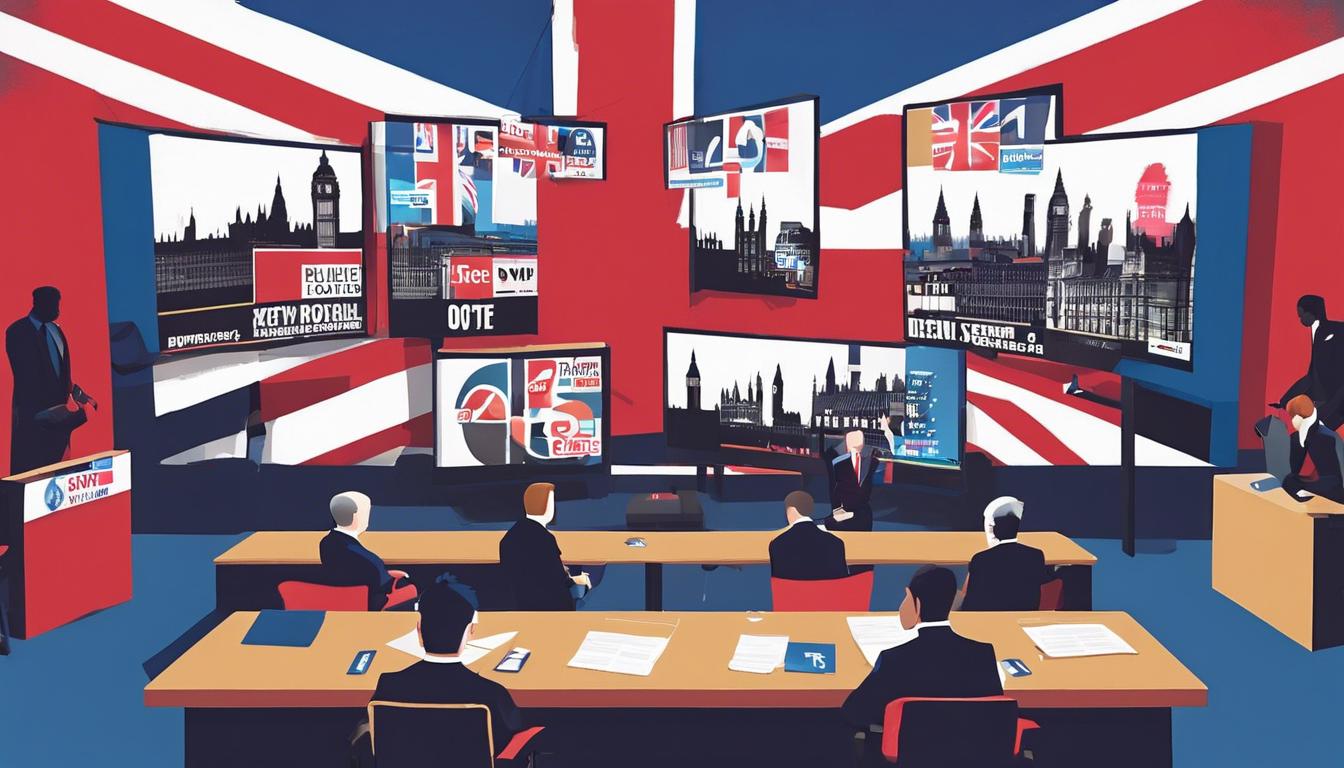Amidst voter discontent and strategic endorsements, UK’s political parties grapple with internal disputes and strategize on winning over constituents as crucial elections loom.
In Sheffield Hallam, discontent among voters is evident as they express reluctance in supporting Labour over the Conservatives, focusing largely on the party’s handling of issues like Gaza and climate change. Despite skepticism, Labour receives voter support primarily as an alternative to remove the Conservatives from power. Simultaneously, the Liberal Democrats find optimism in capitalizing on this voter dissatisfaction by positioning themselves as a viable alternative in the constituency.
Meanwhile, in London’s mayoral election, former Liberal Democrat candidate Siobhan Benita has endorsed Labour’s Sadiq Khan over Conservative candidate Susan Hall, highlighting contrasting visions for the city’s future, including on issues like air pollution and climate crisis. Benita raises concerns about Hall’s past behaviors and policies, urging voters to support Khan to preserve London’s values against a potential hard-right shift.
In political dynamics across the Conservatives, Prime Minister Rishi Sunak faces pressure to act against MP Nick Fletcher, who endorsed Reform UK’s Lee Anderson in Ashfield, stirring backlash over potential Conservative-Reform UK alliances. Fletcher’s endorsement and Anderson’s decision not to campaign against certain Tory MPs underline internal tensions within the Conservative Party, which could influence upcoming elections.
In the broader UK political context, concerns about confusion over voter ID laws potentially impacting election outcomes, particularly for the Conservative Party, have surfaced. A new law requiring photo ID at polling stations has led to significant voter disenfranchisement, particularly among young voters. The Department for Levelling Up, Housing and Communities has pledged to increase public awareness about these new requirements.
Further complicating the Conservative Party’s position, Arron Banks has indicated that Nigel Farage’s potential return to politics could trigger numerous defections from the Tories to Reform UK. Banks suggests discussions are already underway among disenchanted Tory MPs contemplating this switch, influenced by Farage’s political influence.
These reports collectively highlight the complex and shifting dynamics within UK politics as parties and politicians navigate evolving voter sentiments and internal controversies ahead of critical elections.













